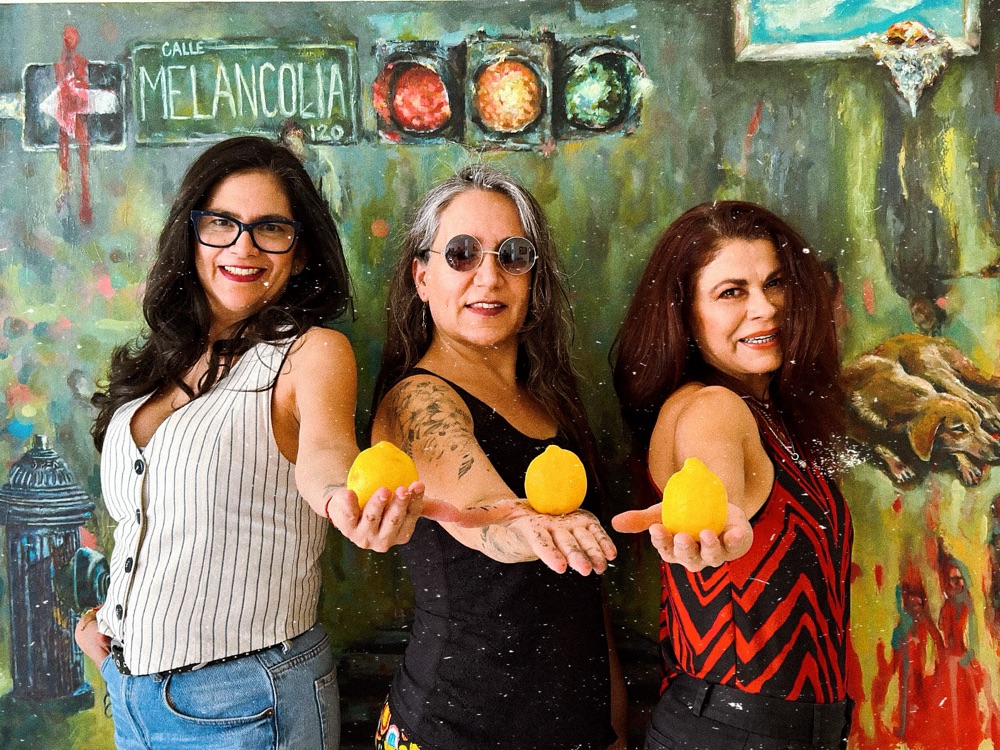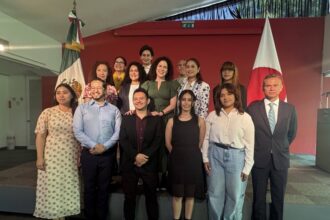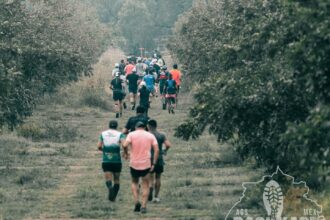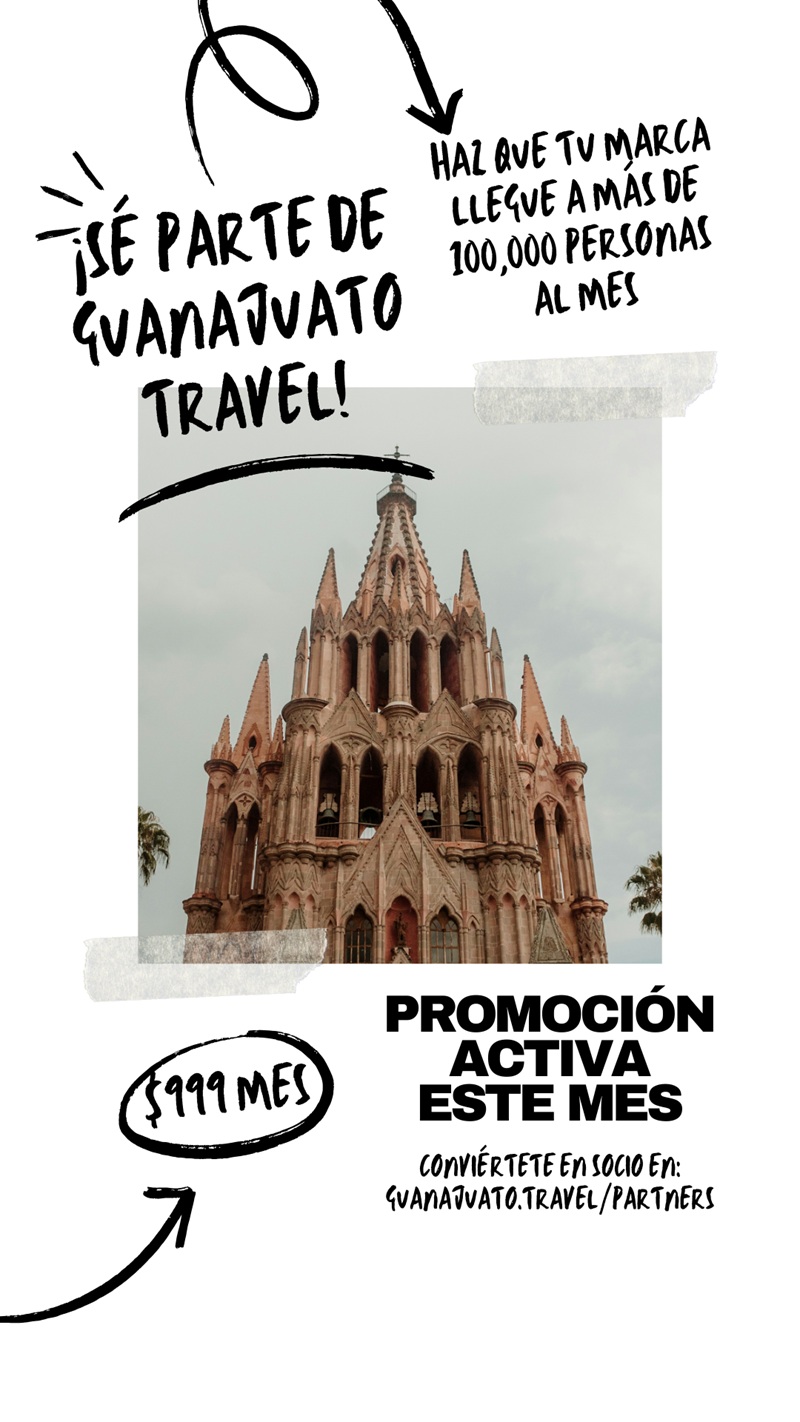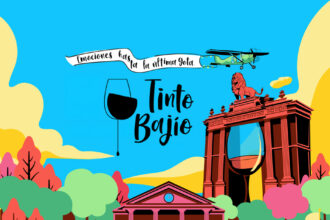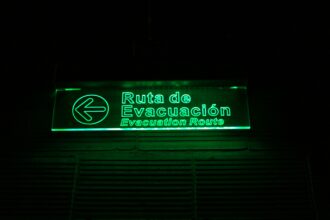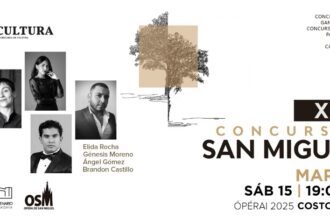The city of Guanajuato, known for its rich history and vibrant culture, is the setting for an exhibition that captures the essence of tradition and artistic innovation. At the Primer Depósito Art Museum, the work “Los Jerónimos” by Javier Hernández, artistically known as Capelo, is presented, an architect turned influential benefactor and cultural promoter. This exhibition is not just a showcase of art; it is a journey through time and spirituality.
The exhibition “Los Jerónimos” immerses us in a Byzantine atmosphere, where the central figure is Saint Jerome, the Roman scholar who renounced his life as an imperial intellectual to seek a deeper meaning in the Middle East. The work reflects Saint Jerome’s journey to Bethlehem and Jerusalem, places where he sought the essence of transcendent knowledge, living as a desert dweller and learning Hebrew to translate the life of Christ and sacred Jewish texts into Latin.
Capelo, through his work, invites us to a pictorial encounter that is also archaeological, exploring the roots of early Christian painting and its aesthetic connection to the promise of resurrection. The influence of Byzantine and Greek art is palpable, as is the inspiration from the Caves of Cappadocia and the Catacombs of Santa Priscila, representing early visual practices of Christianity.
Saint Jerome is depicted on a mystical geometric throne, symbolizing his mastery of the grammars of three languages and his role in crafting a new Bible intended for all. He is shown as the Scribe of the renewed Dead Sea Scrolls, a bridge between cultures and eras.
Capelo’s trajectory is equally fascinating. From his training as an architect at the University of Guanajuato to his role as an educator and his foray into pottery, his life reflects a commitment to culture and the arts. His pottery workshop, founded in 1979, is a testament to his dedication and passion for craftsmanship and artistic expression.
The exhibition “Los Jerónimos” by Maestro Capelo is a unique opportunity to experience the fusion of history, faith, and art. It is an invitation to reflect on the influence of the past on the present and the ability of art to transcend borders and unite people in the appreciation of beauty and spirituality. If you find yourself in Guanajuato, do not miss the opportunity to immerse yourself in this artistic and cultural experience.
Los Jerónimos (The Scribe)
While visiting the Prado Museum with Maestro Capelo, we notice the fertility, variety, and depth of the pictorial motif of the image of Saint Jerome.
The viewer is immersed by these works in an atmosphere of the erudite, hermit, patriarch – images painted by masters such as Giotto, Cimabue, van Eyck, Dürer, da Vinci, Caravaggio, Bosch, Rubens, de Ribera, de La Tour, El Greco, and Rembrandt van Rijn, which construct the Scribe.
The SCRIBE
The Translator, impatient and temperamental, contemporary of the wise Saint Augustine and Saint Ambrose, offers the work of his life to translate the immeasurable Christian truth into a document that can be read and understood by the greatest number of people through the ages and access the Christian Divinity OF THE BOOK – THE BIBLE.
In this pictorial work of the triptych Los Jerónimos by Capelo, it is shown in a Byzantine atmosphere. Saint Jerome – the Roman – who decides to abandon the power of the Imperial intellectual and integrates into the Middle East. He goes to the sources in Bethlehem and Jerusalem, for the obligation of the translator is to reach the current meaning of the most transcendent knowledge. Jerome dwells in the manner of the desert. He speaks, reads Hebrew with Jews and Rabbis to report in living Latin the life of Christ and his Jewish origin of Israel, encapsulated in the Torah.
Capelo shares the finding in these Jerónimos to a pictorial archaeological encounter, in the exercise of Christian archaic painting aesthetically derived from the promise of resurrection of Al Fayum – of the portraits that will serve as a passport to eternity – united in Byzantine and Greek art of eternal life. The Caves of Cappadocia and the Catacombs of Santa Priscila are concurrent archetypes of the early visual practices of Christianity, iconic of the stamps and the memory that lives in the natural and cultural vernacular landscape.
The pictorial mystery created by Maestro Capelo in the images of these Jerónimos, show him in a serene connection between the texts that come down from the Divinity of the celestial vault, landscape of the Middle East of Cappadocia, with the Upper Euphrates as the eastern border before bending south, to feed Mesopotamia. The challenge is to develop this work with archaic ingenuity – like the Christian origin practiced in the Catacombs and Cappadocia; Landscapes of Jericho, the Caves of Bethlehem, and the Garden of Olives.
In the work Saint Jerome is found on an imaginary geometric mystical throne, exercising the grammars of three languages, crafting the new Bible that will be for all; Saint Jerome is the Scribe of the renewed scrolls of the Dead Sea, he is turned into a Rabbi to touch the sacred writings from which the new bible will emerge that will expand the Christian geography, The Great Commission.
Jerónimo Ortiz Cabrera.


